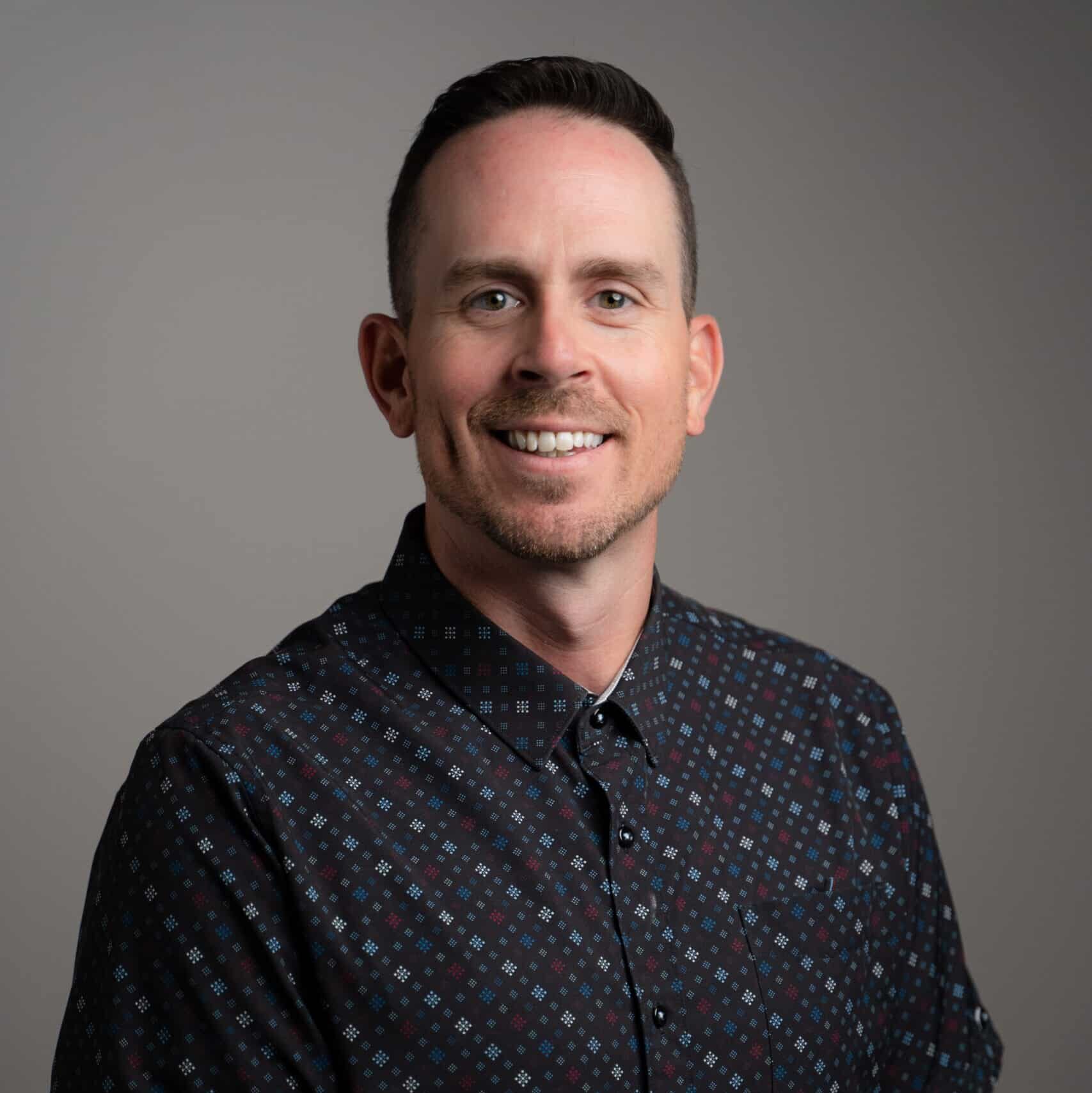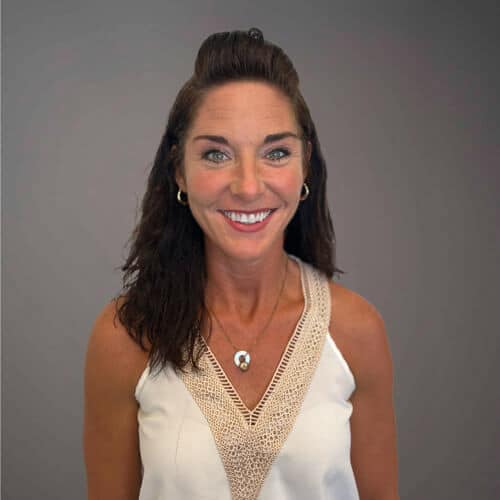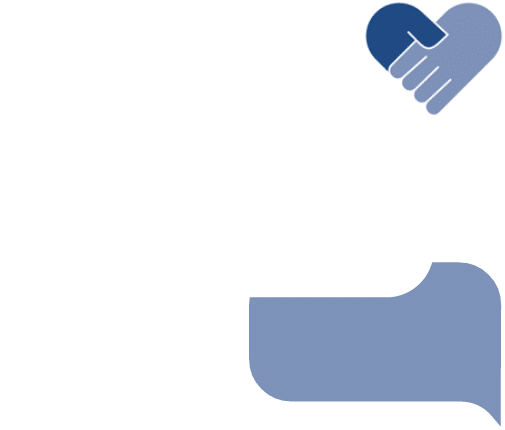Intervention Services for Addiction, Mental Health, and Dual Diagnosis in North Dakota
Our Professional S.A.F.E.® (Self Awareness Family Education™) Intervention Services in North Dakota Help Families with their Loved Ones who are Struggling with Addiction and Mental Health Disorders
Families of loved ones with addiction and mental health disorders often struggle as much as the intended patient. After many years of living with the problem, it can become difficult to see past the life that has become the new normal. Clinicians and other professionals often tell families that this isn’t their fault; that is true, and not entirely true. What we mean by this is that families may not have caused the problem, and they certainly contribute to the problem either staying the same or worsening. We are referring to enabling, codependency, maladaptive coping skills, and dysfunctional family roles. When a loved one is battling addiction and mental health disorders, families often take on unhealthy family roles with less than helpful ways to cope with stress and anxiety. Over time, these family roles become counterproductive to the loved one being able to see the need to address the problem.
The most challenging part of our curriculum for families in North Dakota and elsewhere is what happens after the intervention. Getting families to commit to addiction and mental health intervention is challenging enough. What happens after is why Family First Intervention has become the most extensive intervention services provider with the most in-depth family recovery coaching program available. What started as an intervention company has become a national family recovery coaching program. Families can access our curriculum in North Dakota or anywhere in the nation. Following face-to-face intervention with your loved one, our S.A.F.E.® intervention services support all family members and friends who choose to participate and who are affected by helping with the trials and tribulations of emotional volatility as well as the turbulence of their loved ones’ addiction and mental health behaviors. Whether your loved one accepts help at the intervention or not, families will go through tremendous emotional challenges. Emotional volatility is primarily due to the profound impact of change. An intervention requires professionals to address the entire family and the intended patient. An intervention that only focuses on meeting with someone who needs addiction or mental health help is not an intervention; it is called a twelve-step call. If a speech is all you desire, then please go to your local Alcoholics or Narcotics Anonymous meeting hall and ask the members there to come to your house to provide your loved one with a speech for free. Suppose you desire to do this correctly, focusing on why they are not hitting bottom, wanting, or asking for help. Our S.A.F.E.® professional addiction and mental health intervention services can help.
An intervention is not about how to control your loved one with a substance use or mental health disorder; it is about learning how to let go of believing you can.
Interventionist Information and Resources for Addiction and Mental Health Disorders in North Dakota
For those living in North Dakota, you are aware of your lack of resources for addiction, mental health, and interventionists. Although there are resources in North Dakota, as in every state, there needs to be more resources to help address the individual needs of your family and your loved one. Many are cookie-cutter resources designed around what a state or insurance company will reimburse. Sadly, funding often dictates today’s treatment, not clinicians and client needs. Even if the resources in your area were sufficient, they would still be local resources, leaving your loved one with the ability to quickly leave treatment against medical or staff advice and return home. Another large predictor of unsuccessful outcomes is being around familiar people, places, and things. Local treatment has proved to contribute to the declining success rates of treatment. We are not saying it is impossible to get well locally. What we are saying is when someone needs help and is part of a codependent, dysfunctional, enabling family system, it is much harder to succeed when you attend treatment near your family.
We are not trying to beat up the family, as the same applies to loved ones suffering from addiction and mental health concerns. The point is that both sides could use the break from one another. We see what others do not often see through our S.A.F.E.® Intervention Services, including treatment centers. What we see is what happens to the family while the loved one is in treatment and what happens after discharge. It is easy for a clinician to discharge a patient with what they think is a good plan for their client. What we see on the backend is discharge plans rarely involve the family and include being discharged back home to an unhealthy family system and their known disruptive and volatile environment. What a clinician sees as a potential success story, we almost always see an unsuccessful outcome.
At Family First Intervention, we help families prepare for their loved ones’ discharge and arrange treatment plans with higher success rates. A family that gets better and holds boundaries while holding their loved one accountable achieves success rates much higher than families who do nothing for their recovery. The most unsuccessful outcomes we witness come from families who allow their loved ones back to an environment influenced by a family and to a family not in recovery.
“The most formidable challenge we professionals face is families not accepting our suggested solutions. Rather, they only hear us challenging theirs. Interventions are as much about families letting go of old ideas as they are about being open to new ones. Before a family can do something about the problem, they must stop allowing the problem to persist. These same thoughts and principles apply to your loved one in need of help.”
Mike Loverde, MHS, CIP










